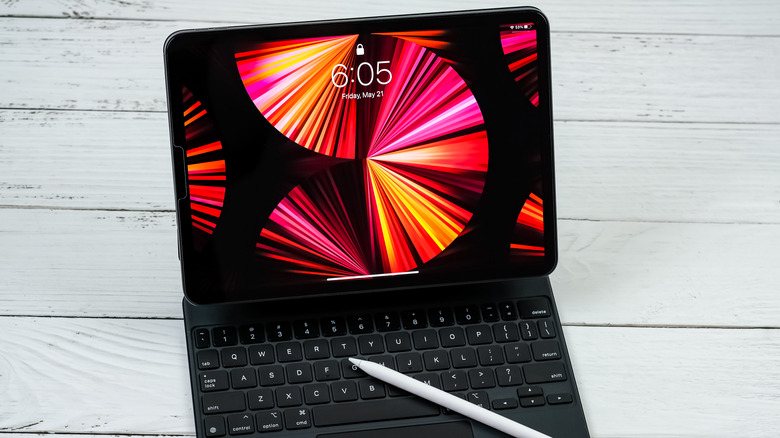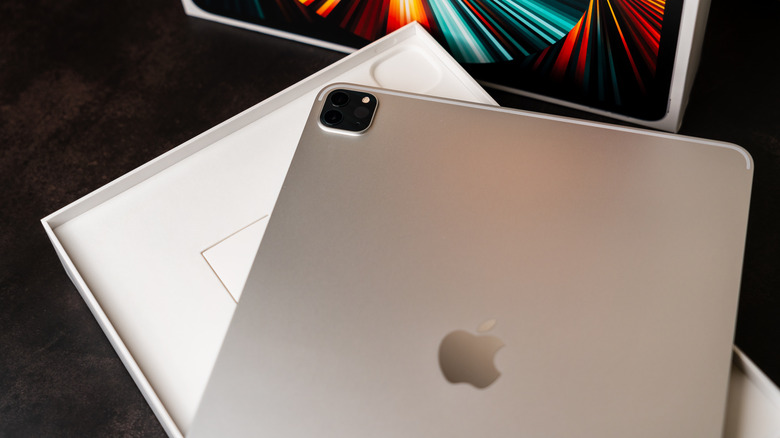New iPad Pro Could Give Apple M4 Chip An AI-Focused Tablet Flagship
Apple has scheduled an event on May 7 that will witness the arrival of new iPads, with rumors pointing to updates slated for the Pro and Air portfolio. So far, expectations have centered on an iterative upgrade to the current-gen M3 silicon, which already powers a number of Mac machines. But it seems Apple has an ambitious silicon upgrade plan, one that entails skipping the M3 series entirely and arming its flagship tablet with a yet-to-be-announced processor.
"I'm hearing there is a strong possibility that the chip in the new iPad Pro will be the M4, not the M3," reports Bloomberg's Mike Gurman. He recently predicted that the M4 silicon will be introduced towards the end of 2024, starting with an overhaul of the computing portfolio. But it seems the honor of presenting the M4 silicon would go to the 2024 iPad Pro portfolio.
It's a logical strategy that gives Apple space to distinguish the mid-point iPad Air by equipping it with the older but still plenty powerful M3 processor. But it seems Apple's decision has a more AI-driven motive behind it. "By introducing the new iPad Pro ahead of its Worldwide Developers Conference in June, Apple could lay out its AI chip strategy without distraction," adds Gurman.
Are we finally getting a glimpse of tricks like voice-activated media editing and context-aware actionable on-screen analysis by a digital assistant, both of which Apple engineers have recently detailed in research papers? Well, we'll have to wait for the May 7 launch event to know for certain.
Why this leap matters?
Analysts and pundits predict a no-upgrade scenario for the process node. The Apple M3 family is built on TSMC's 3-nanometer process node, and similar will be the case with the M4 family, although some efficiency gains are expected for the upgraded 3nm fabrication process. Now, we are not expecting a massive raw performance gain between the M3 and M4, but the ploy seems natural on the iPad Pro for multiple reasons.
The current-gen iPad Pro comes with the M2 silicon based on the 5-nanometer process. If the Mac lineup is any indication, the jump from M2 to M4 would offer a meaningful generation-over-generation performance bump. But there's another boost that mimics the switch from M2 to M3, and that's AI. "The big change with the M4: A new neural engine will pave the way for fresh AI capabilities," adds Gurman.
Apple hasn't made public the OS-level AI enhancements for iPhones, Macs, or iPads, but we are expecting to witness them at WWDC in June. However, Apple's research papers offer a glimpse, including on-device models such as OpenELM. We've already seen the M3 MacBooks accelerate AI processes, and we are expecting the M4 chip inside the iPad Pro to explore OS-level AI integrations that would make a meaningful difference for an average buyer, not just software engineering enthusiasts.

